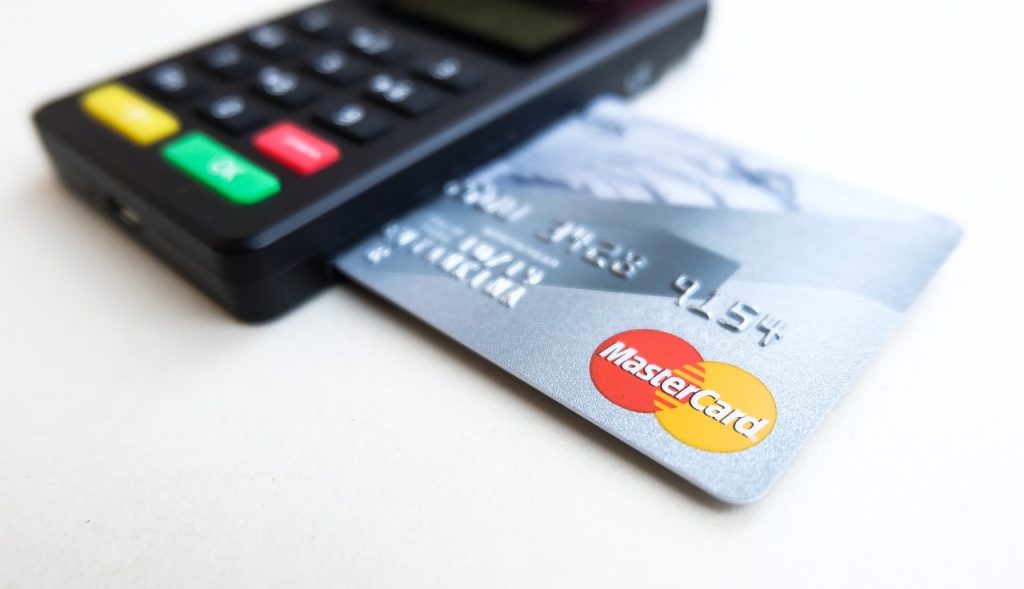I was asked this question the other day and thought it might make a good blog post. As we don’t often hear the term ‘prepaid accounts’ it deserves a little clarification.
As prepaid accounts are an option for those in financial difficulty and those in that situation have more at stake, it’s important to know which solutions are useful and which are not.
I hope this post helps with that.
What is a prepaid account?
Prepaid accounts are another term for prepaid cards.
They are useful for anyone with poor credit who may have difficulty getting a ‘normal’ bank account with debit card or credit card.
They require no credit check and are accessible to anyone who can afford it.
This of is in the same way as a pay-as-you-go phone. You top up with credit and use up that credit as you go along.
Prepaid accounts/cards work in much the same way.
You get a standard debit or credit card and will need to pay a deposit equal to the spending or credit limit to act as collateral.
You can only spend as much as you load onto the card but can use it in the same way as a standard card.
It’s a simple way to be able to live without risking further debt.
Benefits of using prepaid accounts
There are a number of definite benefits to using a prepaid account/card.
- Requires no credit check
- No chance of getting into debt
- Helps with the increasing cashless society
- Can purchase online and over the phone
- Accepted in most places
As many shops, garages and venues are now switching away from cash, prepaid accounts can often be the only way to continue to operate when you have bad credit.
Downsides of using prepaid accounts
There are definite downsides to using prepaid accounts though.
- Some have very high fees
- Some have monthly fees to use
- Some charge if you don’t use them
- Most won’t pay interest on the balance
- No Section 75 protection if it’s a credit card
- No overdrafts or credit facilities
The main thing you need to look out for are the charges. You’re going to pay some charges to pay for running the account, but it’s important to shop around.
Look for annual fees, many prepaid cards have these, so choose carefully.
Also look at ATM fees, cash withdrawal fees and inactivity fees. Every card is different and handles fees in different ways.
Also check whether the card or account supports direct debit. Many do, some don’t and if this is a facility you need for paying bills, it’s definitely something to look out for.
Rebuilding credit
If you’re using a prepaid account or card to help rebuild credit, it can be a good way to do it.
Effectively managing the card and keeping a positive balance can modestly impact your credit score.
Some prepaids offer credit builder facilities where they lend small amounts via the card and report activity to the credit reference agencies.
This can have more of a positive impact on your credit score.
Are prepaid cards worth using?
Are prepaid accounts or cards worth using? They can be.
If you wouldn’t qualify for a standard bank account or credit card, they can be a useful middle ground until you can qualify.
If you think you may get into debt using an account with an overdraft or standard credit card, they can be useful.
If you’re disciplined with spending, you may be better off with a standard credit card. All activity will be reported to the credit reference agencies for more of a credit building benefit, but you risk getting into debt.

